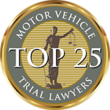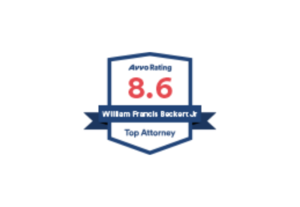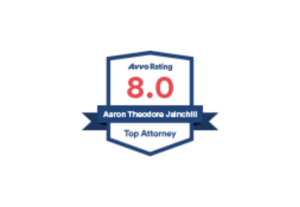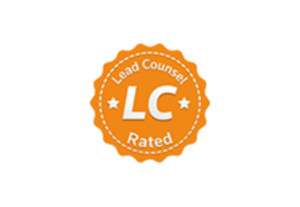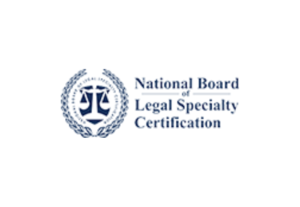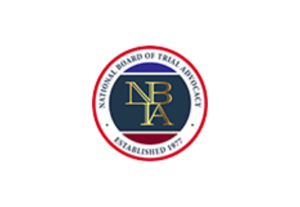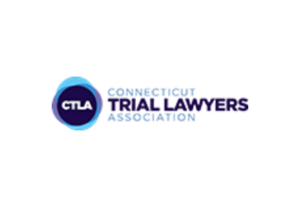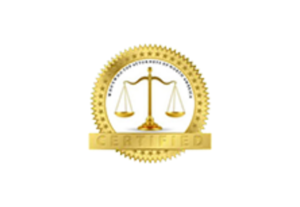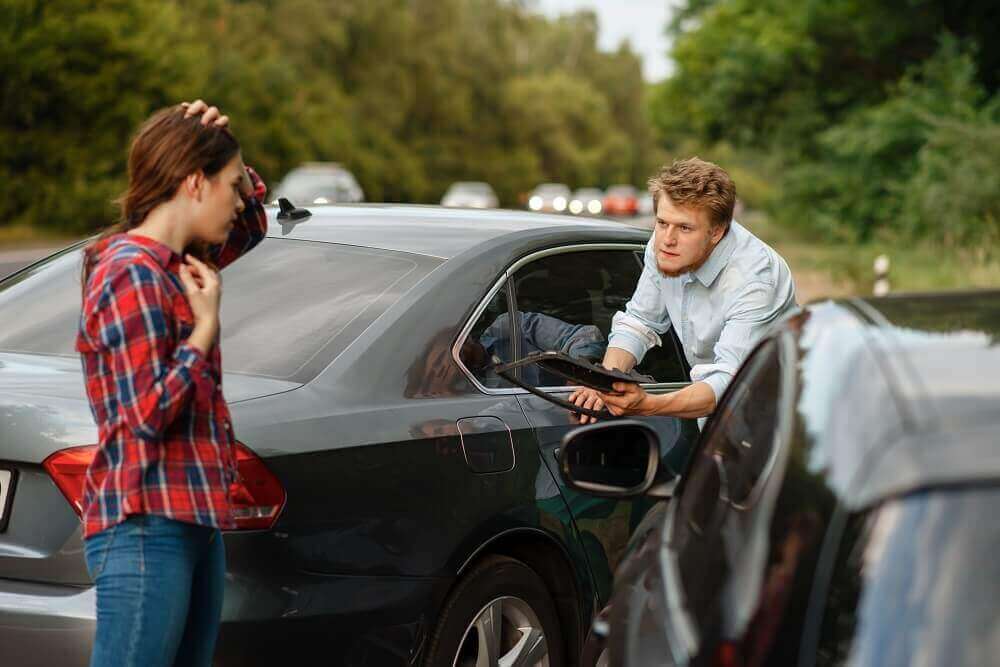
In Connecticut, you may have to file a claim against the at-fault driver’s insurance first – whether that’s the rideshare driver or another motorist. In some cases, you can file a claim against the rideshare company’s insurance policy or sue the rideshare company if the driver’s policy doesn’t cover your losses. However, there are other cases where a rideshare company could be liable for your injuries.
In theory, Uber and Lyft drivers are well-vetted by the companies. To drive for either rideshare company, potential drivers have to pass a criminal background check, and their driving history is thoroughly investigated. If Uber or Lyft failed to follow proper hiring and employment practices, they could be responsible for compensating you for your losses.
What Level of Insurance Do Uber and Lyft Provide to Their Drivers?
Rideshare companies carry commercial insurance coverage for rideshare drivers who cause car accidents. The level of coverage depends on the rideshare driver’s status at the time of the accident.
If the driver is logged into the rideshare app but hasn’t accepted a fare yet, Uber and Lyft provide the following:
- $50,000 in bodily injury coverage per person
- $100,000 in bodily injury coverage per accident
- $25,000 in property damage coverage per accident
This amount can become available after the driver’s own rideshare policy if they have one, has been used.
If the driver has accepted a ride request or is en route to the passenger’s destination when the accident happens, Uber’s coverage increases to $1 million.
Pursuing compensation after a rideshare accident injury is difficult. Hiring an attorney with experience in this kind of claim is the most effective way to seek the money you need for your accident-related losses. Your lawyer will know whether to file a claim with the driver’s insurance or whether you can pursue a claim against the rideshare company’s insurer.
They’ll also be able to advise you about whether suing the company is appropriate and represent you in settlement negotiations or in court, as required. Contact our Hartford Uber and Lyft accident lawyer today for a free consultation.
What Are the Top Causes of Uber and Lyft Accidents in Connecticut?
Uber and Lyft drivers do not get additional training from the rideshare companies. The people who work for these companies have no greater skill behind the wheel than other road users. The same issues that cause collisions between non-working drivers can also contribute to rideshare accidents. Those factors could include:
- Fatigue – As rideshare drivers often work long or odd hours, fatigue can be an issue. Drowsiness reduces reaction times and awareness of the driver’s surroundings.
- Distracted driving – Using GPS devices, texting, talking with passengers, or searching for something inside the vehicle are all distracted driving behaviors that make causing a crash more likely.
- Aggressive driving – Speeding, weaving between lanes of traffic, ignoring traffic control signs and signals, and road rage are examples of aggressive driving that can lead to crashes with other vehicles.
- Driving under the influence of alcohol or drugs – When a person drives while under the influence, their perception, judgment, and reaction times are impaired, which can result in collisions.
- Searching for passengers – Rideshare drivers spend at least part of their day looking for the passengers who have hired them. Doing this while the vehicle is moving can lead to an accident.
- Failure to maintain the rideshare vehicle – If a rideshare driver doesn’t keep their tires inflated, their brakes in good working order, and the vehicle systems in proper repair, the car can malfunction and cause a wreck.
What Injuries Occur Most Often in Uber and Lyft Accidents?
Rideshare injuries range from minor scrapes to catastrophic injuries or death. Injuries we often see in rideshare accidents include:
- Spinal cord injuries
- Traumatic brain injuries (TBIs)
- Neck and back injuries
- Crushing injuries or amputations
- Broken bones
- Internal organ damage
- Internal bleeding
- Soft tissue injuries
- Facial injuries
- Dental injuries
What Types of Damages Can I Recover in a Lyft/Uber Accident Lawsuit?
When you’ve been injured because of someone else’s wrongdoing in Connecticut, you’re entitled to fair compensation for the losses you’ve suffered as a result. You could seek money for:
- Medical expenses, both current and future
- Lost wages
- Future lost earning capacity
- Loss of enjoyment of life
- Pain and suffering
- Property damage
What Should I Do If the Rideshare’s Insurance Company Contacts Me?
You’re not obligated to speak with an insurance company’s claims adjuster. The adjuster may call you to try to get a recorded statement about how the crash happened. It’s best to refer the adjuster to your attorney and say nothing. If you speak with the adjuster, you may inadvertently say something they could take out of context later and use to deny or reduce the value of your claim. Your lawyer knows how insurance companies work and will be able to counter any tactics they use to reduce the amount of money they must pay out.
How Long Do I Have to File an Uber or Lyft Accident Lawsuit in Connecticut?
Connecticut’s statute of limitations allows an injured person two years from the date of the accident to file a lawsuit to seek compensation for their losses. Although two years seems like plenty of time to take action, the longer you wait, the more likely it is that crucial evidence can be lost or destroyed.
If you file your lawsuit after the statutory deadline lapses, the court can dismiss your case without hearing it. You will be left with no leverage against the insurance company and no other options to recover the money you need. A lawyer will keep an eye on the deadline, make sure your case is filed on time, and work to demand the compensation you deserve.
Contact a Connecticut Uber/Lyft Accident Lawyer
If you’ve been injured in a rideshare accident in Connecticut that was someone else’s fault, the team at Jainchill & Beckert, LLC can help. We’ll provide legal advice and be compassionate advocates for you throughout the claims process.
Before you talk to an insurance adjuster, contact our skilled Connecticut rideshare accident lawyers for a free, no-obligation consultation.




